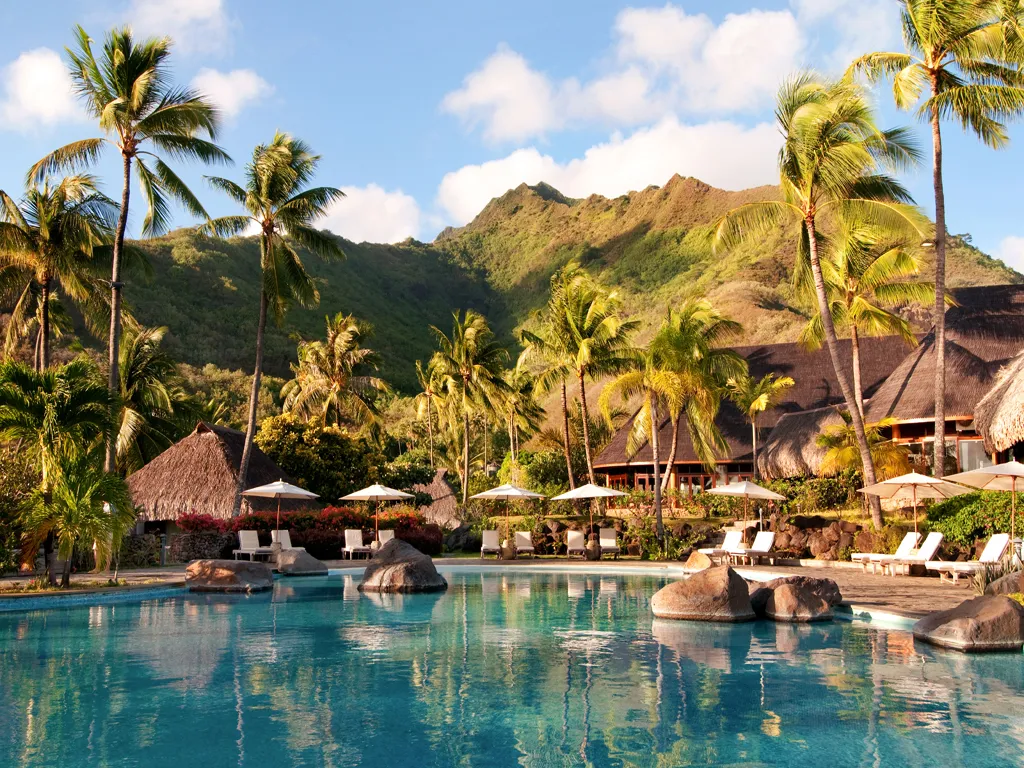What Are Resorts?
Resorts are self-contained commercial establishments that try to provide most of what a vacationer might want on-site. This includes lodging, food, swimming, and recreational activities. They can also offer shopping. Many resorts also have golf courses and spas. However, a resort is much more than just a golf course.
All-inclusive resorts
An all-inclusive resort is a place where lodging, three meals a day, soft drinks, and most alcoholic drinks are included in the price. In addition to food, some all-inclusive resorts offer sports, non-motorized water sports, and other activities. All-inclusive resorts may also include gratuities.
Many all-inclusive resorts provide better service than regular hotels. However, their prices may be more expensive than regular offers. Many of these resorts don’t allow children, so if you’re travelling with young children, it’s best to avoid these resorts. Some resorts may require a certain minimum age to stay, so make sure you know your age before booking.
When choosing an all-inclusive resort, it’s important to take the time to consider all the small details. Ask about the types of meals, drinks, and activities that are included. This will help you to avoid making a decision that you won’t enjoy.
Destination resorts
Destination resorts offer many benefits over traditional hotels. For one thing, they have a large staff of consultants and planners that will help you plan and execute your event. This means less planning and headaches for you. Also, they have larger spaces than a traditional venue and more technological capability. This means you can expect better profit margins, even during a pandemic.
The new destination resorts ordinance, which was modeled after Jefferson County, began in December 2009. It requires a comprehensive analysis of potential impact on big game habitat and wildlife protection and outlines mandatory criteria for destination resorts. The county will also require an economic impact study. These criteria are in place to ensure that new resorts are not detrimental to the environment.
The future of destination resorts looks bright. Although the recent downturn has hurt the travel industry, the industry is expected to rebound in the coming years. As a result, HVS, a hospitality consulting firm, is regularly consulting on luxury hotels in the Northeast and throughout the United States. HVS is based in Washington, D.C. and Philadelphia and has experts who specialize in destination resorts. If you have questions about the future of destination resorts, we’d be glad to talk to you.
Spa resorts
Spa resorts have become a popular and necessary amenity for resorts. Some are devoted to their own spa, while others are more akin to staycations. Whether you want to relax with a massage or take a relaxing swim in the heated pool, spas offer something for everyone.
The Spa at Terranea, for instance, is an idyllic destination in and of itself. The spa offers an indoor and outdoor pool, a gym, and a café. There are also 25 treatment rooms, some of which include outdoor jacuzzis and cold plunge pools. Some of the rooms have balconies overlooking the ocean and air conditioning.
Some of the spa resorts have amenities beyond just massages, including tennis courts and water sports. They may also feature kid’s clubs and have a full schedule of fitness classes. These spas are different from destination spas, which typically offer a full range of activities. You may have to pay for these amenities separately, though.












